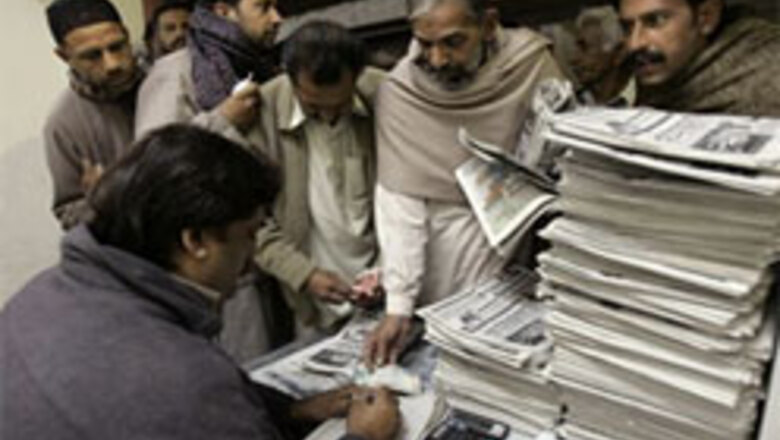
views
Islamabad: Pakistan President Pervez Musharraf imposed a state of emergency in a bid to end an eight-month crisis over his rule stoked by challenges from a hostile judiciary, Islamist militants and political rivals. He banned the media from publishing anything that defamed, ridiculed or brought himself, the armed forces or government into disrepute.
Telephone lines in central Islamabad were down, and private television channels were taken off the air.
As Musharraf sent troops onto the streets and suspended the constitution, weary Pakistanis feared a gloomy future and put the blame for the Islamic nation's woes on his shoulders.
"Pakistan is bad because of one person: Musharraf, he has ruined our country," lamented factory worker Faisal Sayed.
On the grimy streets of this garrison city, home to Musharraf's military headquarters, anger at the president was palpable. Diners in curry houses and hotels shook their heads, struggling to comprehend his decision.
"He did not have to do this," said 40-year-old Zulfikar Ali, director of a run-down hotel near the city's busy bus station. Wagging his finger at a small television that he and his friends had crowded around to watch Musharraf address the nation, Ali cried, "He's a donkey! The Supreme Court was doing good things for the people, and this is what he did."
"God knows what's going to happen to our country now. Musharraf is not good. He has killed so many people in Pakistan," said 18-year-old Mohammad Qasim, referring to the army's battle with insurgents.
Housewife Firdoos Begum, 45, was worried about the impact on food prices, one of the main causes of Musharraf's plummeting popularity.
"Prices have risen so much, we cannot afford a lot of things," she said. "Emergency rule will further push prices up and poor will become poorer."
A stockbroker, who asked not to be named, was sure that emergency rule was bad news for an economy and share market that have been among the best performers in Asia.
"It will stop the progress of the country. The stock market will fall, unemployment and inflation will increase," he said.
But news that Pakistan had been plunged into emergency rule swept Karachi, the country's largest city, before communications shut down.
Naeem Ahmed said thanks to the television blackout he'd never sold so many newspapers as he did on Sunday morning from his stall in the centre of Pakistan's biggest city -- but that's where his happiness ended.
"Personally, I believe that emergency will further aggravate the precarious situation we are already in," Ahmed said.
Yawar Abbas, a 42 year-old businessman in Pakistan's commercial capital, was in a minority backing Musharraf. "I think it's the right move," he said.
"Emergency powers should help the government control rising terrorism and extremism." Amir Ahmed said he was bemused by events as he waited at the city's airport for his brother to arrive from Dubai on the same flight as opposition leader Benazir Bhutto.
"This is an amazing country. In a short space of a few months we have moved from talk of reconciliation to emergency," said Ahmed, an employee of a courier company.
(With inputs from AP and Reuters)










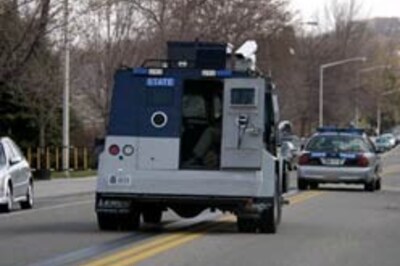

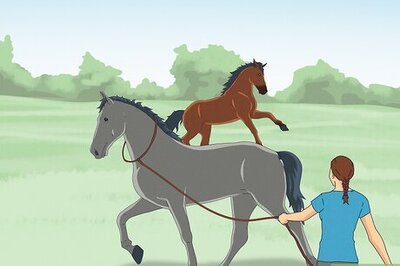
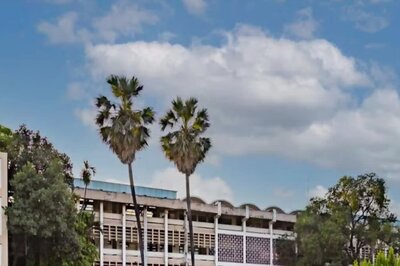

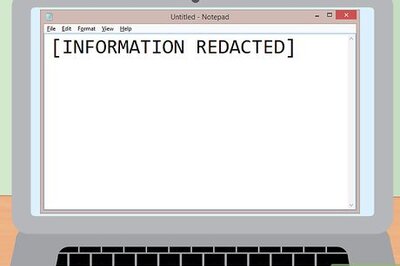



Comments
0 comment